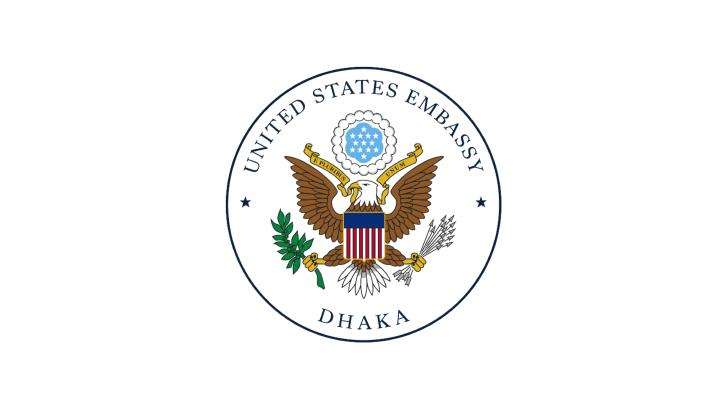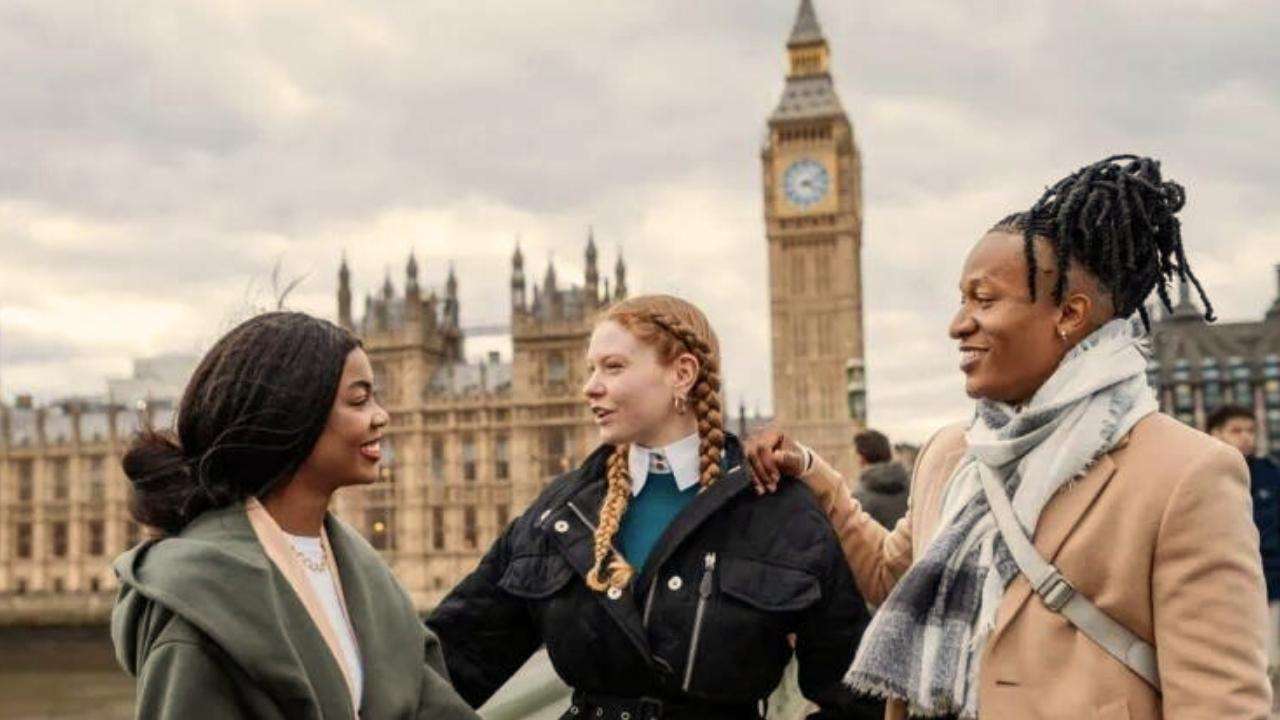As the first step toward reforming the House of Lords, Prime Minister Sir Keir Starmer will remove the remaining hereditary peers.
The "outdated and indefensible" presence of members of the upper chamber who are there by birth will cease thanks to new legislation, according to officials.
The King introduced ideas for a "modernization committee" when he began the new session of Parliament, indicating that the Government also intends to make changes to the Commons.
An official briefing paper on the House of Lords (Hereditary Peers) Bill said that in the 21st century, there should not be almost 100 places reserved for individuals born into certain families, with the seats effectively reserved for men.
The Lords reforms under Tony Blair reduced the number of hereditary peers to 90, plus the Earl Marshal and Lord Great Chamberlain.
That was only intended as a short-term compromise, but the situation has persisted for 25 years.
Hereditary peers are also exempt from the vetting checks carried out when life peers are proposed.
Under the plans, the hereditary roles of Earl Marshal and Lord Great Chamberlain would again be exempt because of the constitutional duties they perform on state occasions.
The legislation, which was promised in Labour’s election manifesto, is billed as the first step in a process of modernisation of the UK’s political system.
Another manifesto commitment, a mandatory retirement age of 80 in the Lords, has not yet been put forward.
The King’s Speech also remained silent on Labour’s plans to lower the voting age to 16 – Sir Keir had earlier indicated that was because the priority for his administration was putting forward measures to secure economic growth.
Delivering the King’s Speech in the House of Lords, Charles indicated there would be changes at the other end of Parliament too.
A “modernisation committee” of the House of Commons will be tasked with “driving up standards, improving work practices and reforming procedures”.
He also said the Government would “strengthen the integrity of elections and encourage wide participation in the democratic process”.
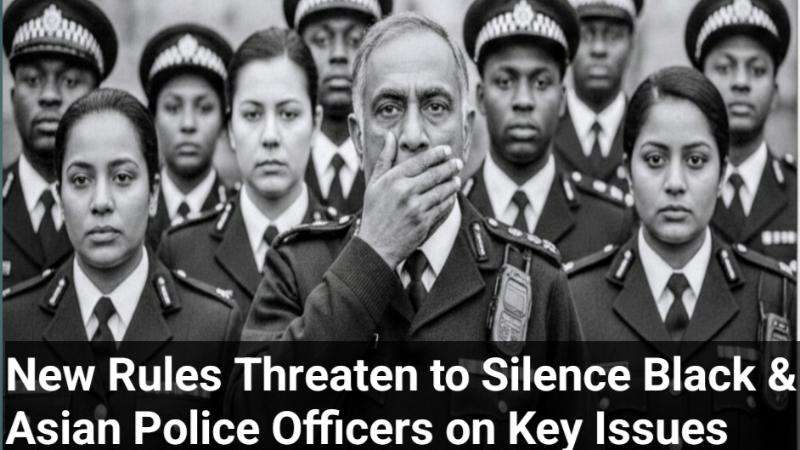
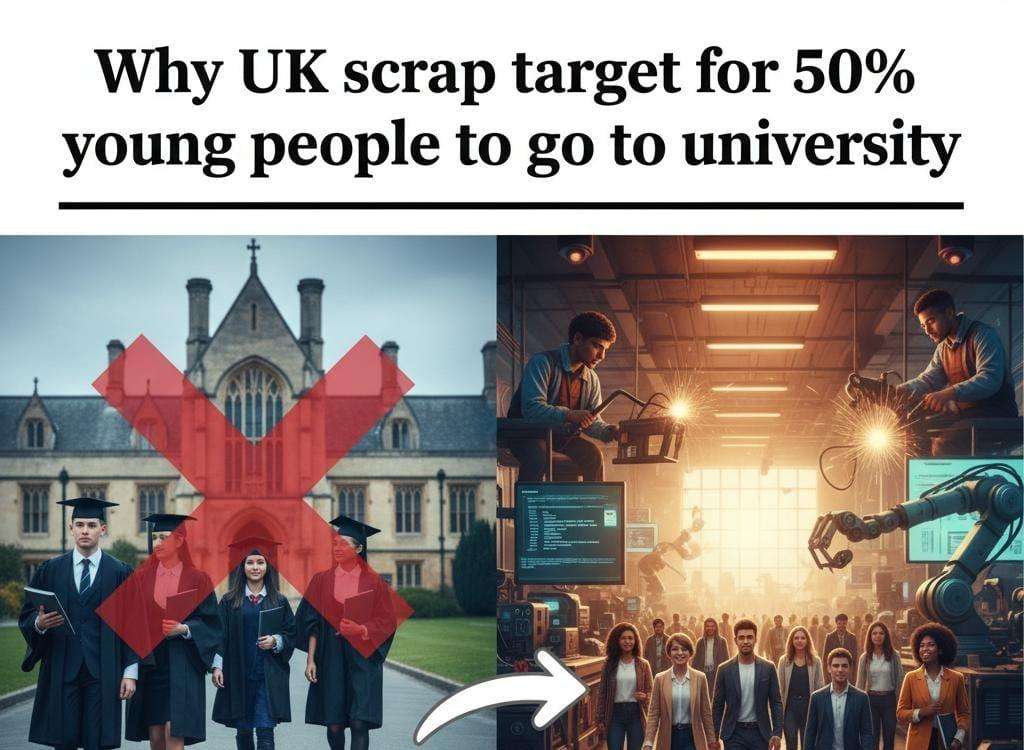
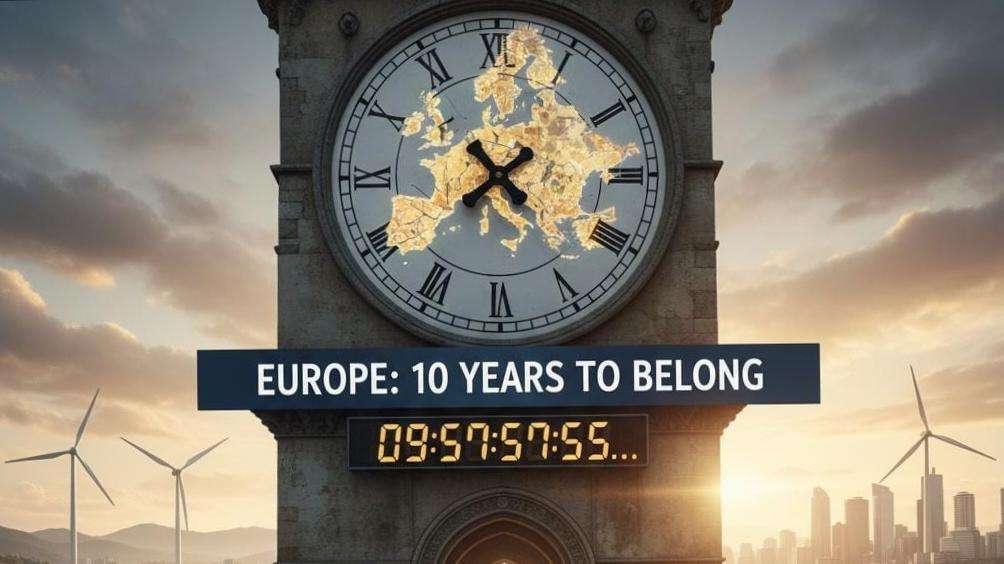
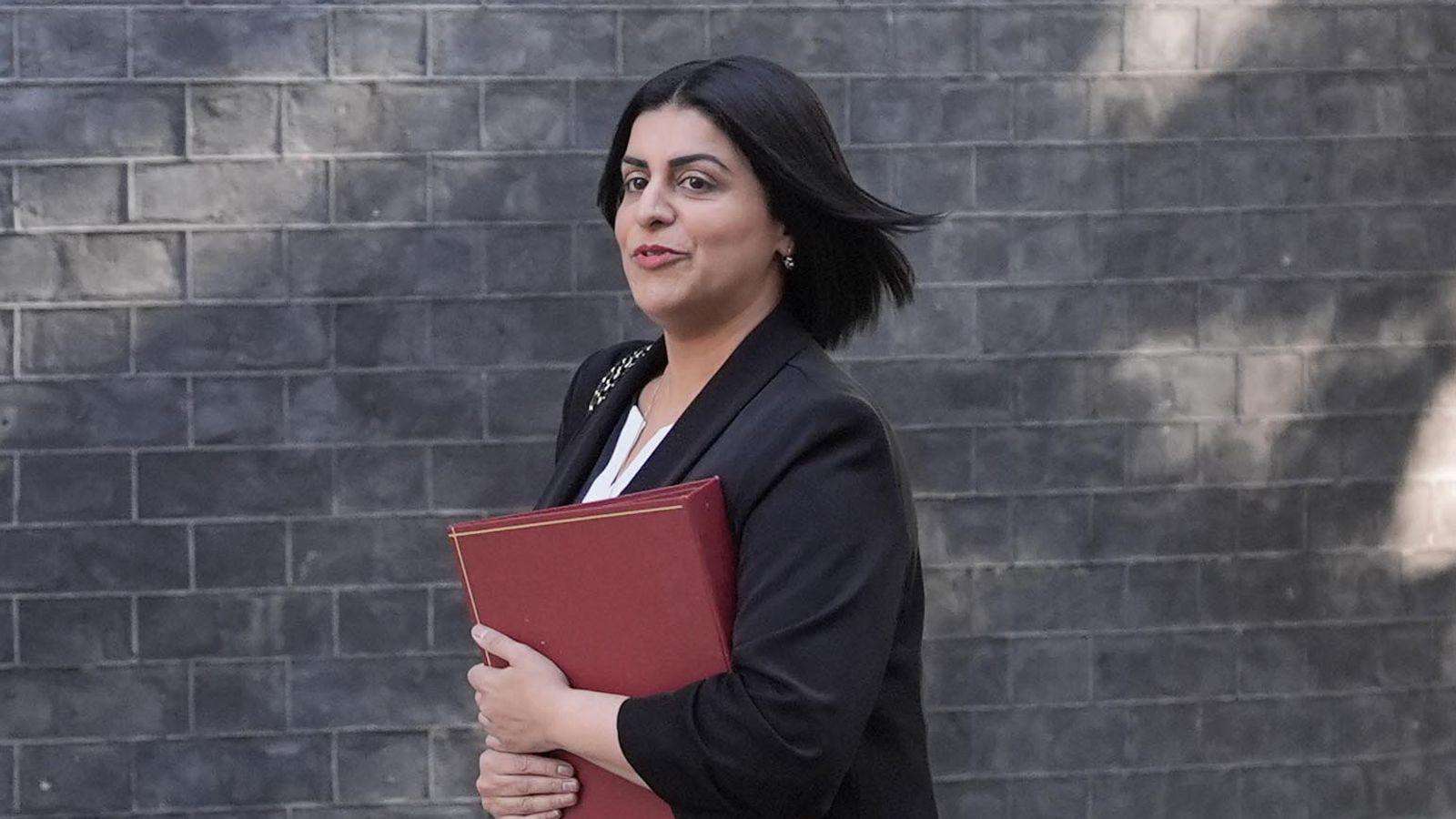



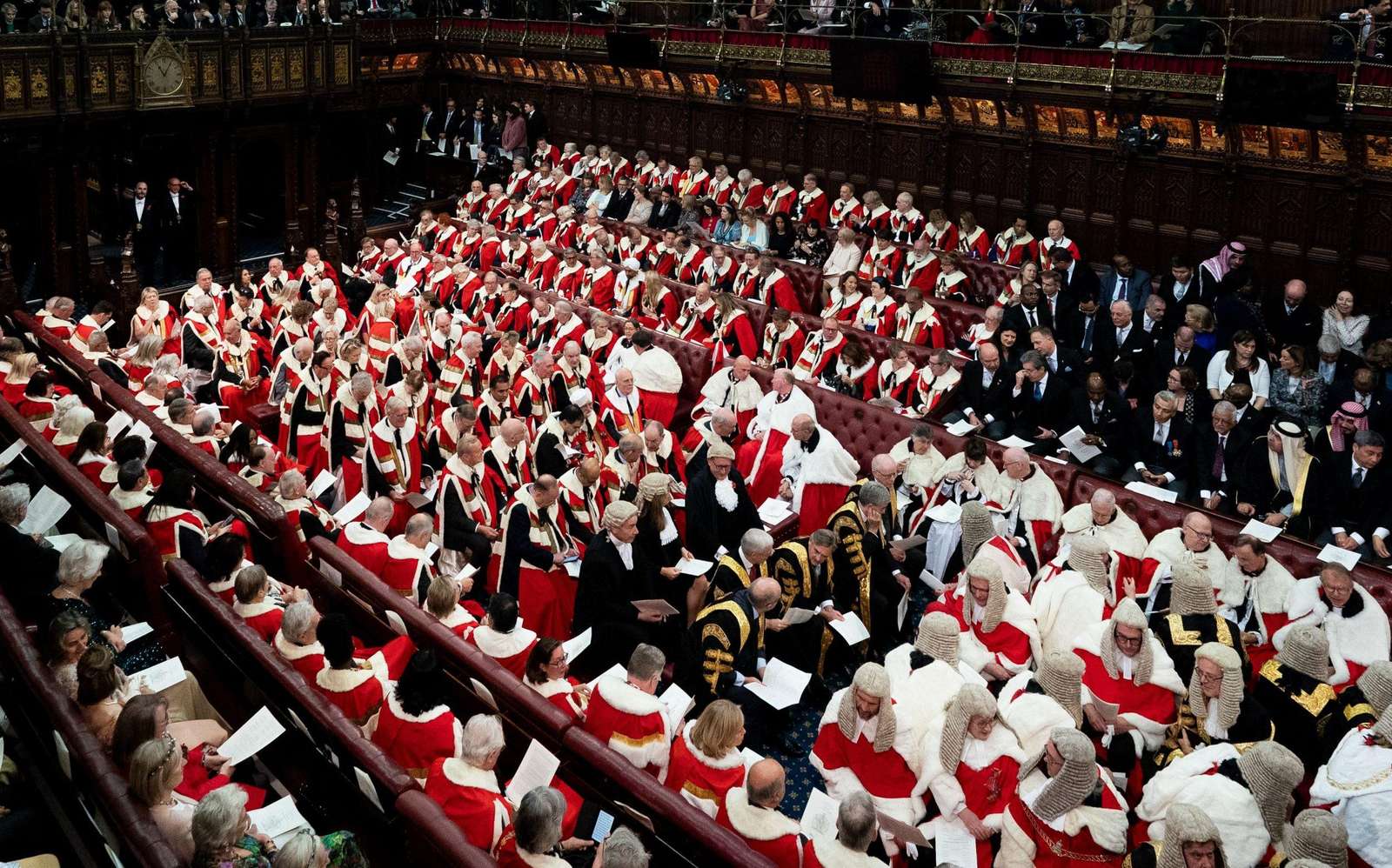
.svg)

